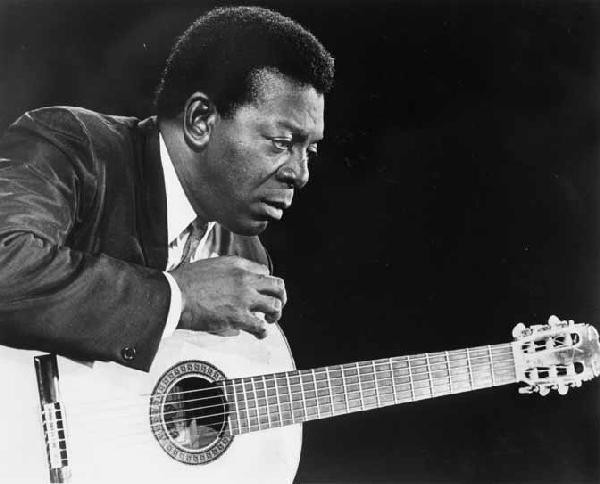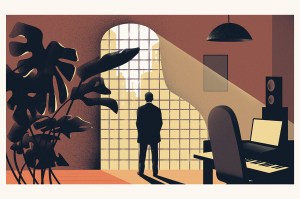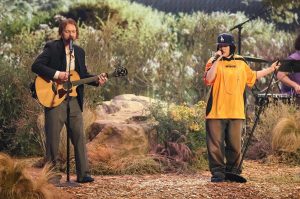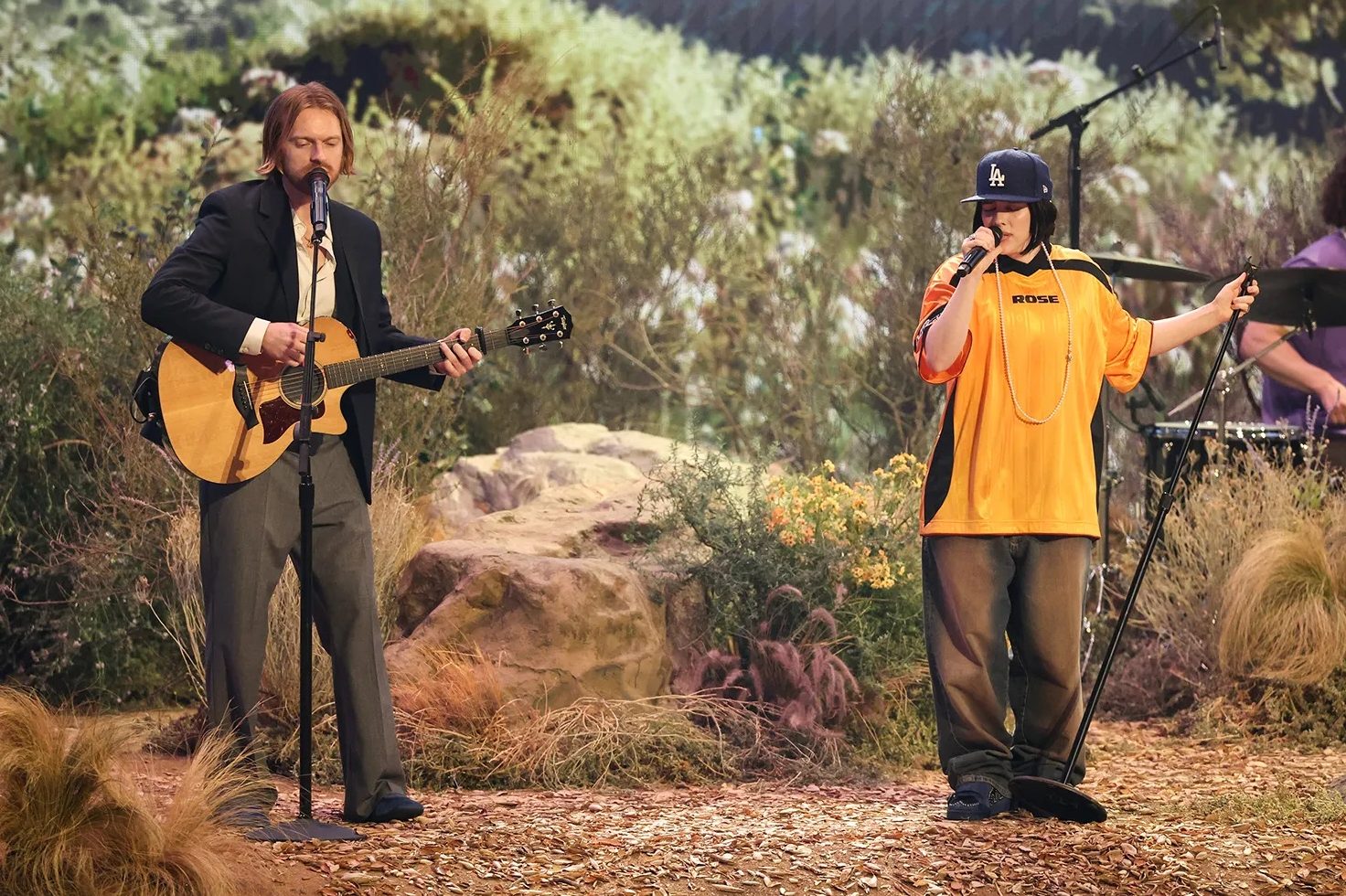This article is in
The Spectator’s November 2019 US edition. Subscribe here.
When Brazilian president Jair Bolsonaro spoke at the United Nations General Assembly in late September, he depicted Brazil as a victim of colonialism. ‘The United Nations has played a fundamental role in the suppression of colonialism,’ he said, ‘and we cannot allow this mentality to return to these rooms and corridors at any pretext. We cannot forget that the world needs to be fed.’ Foreign countries, Bolsonaro alleged, have ‘an interest in keeping indigenous people living like cave men’.
Whatever the sources of Bolsonaro’s indignation, real or feigned, he might also have admitted that Brazil has a long history not as a passive victim of the West, but as an active shaper of its culture. I’m talking, of course, about Brazilian music.
Brazil’s impact on American musicians including trumpeters Dizzy Gillespie and Jon Faddis, pianists Vince Guaraldi and Horace Silver, saxophonist Stan Getz and guitarist Charlie Byrd cannot be exaggerated. Before there was rock’s British Invasion, there was jazz’s Brazilian new wave, the bossa nova. In 1962, Getz and Byrd did well with ‘Desafinado’ and the album Jazz Samba. In 1964, the year before Byrd recorded the weird Brazilian Byrd, featuring strings, brass, woodwind and a cockatoo on the cover, Getz released the small-group Getz/Gilberto with Joao Gilberto. Bossa nova went big time when Joao, who struggled with English, let his wife Astrud sing the sultry Portuguese-English lyric of ‘The Girl from Ipanema’.
Jazz had gone down to Rio, and Brazilian influences now become more pronounced. The title song of Horace Silver’s Blue Note classic The Cape Verdean Blues (1966) joyfully combines Portuguese folk music from the Cape Verde Islands, where Silver’s father was born, with an infectious samba beat that Silver learned in Rio from the drummer Dom Um Romao.
Then there’s San Francisco’s Vince Guaraldi (1928-1976), immortalized by his trio’s Peanuts soundtracks, especially ‘Linus and Lucy’ (1964) and A Charlie Brown Christmas (1965). In 1995, the Wynton Marsalis Septet and Ellis Marsalis Trio recorded many of the Peanuts vendor’s numbers for the album Joe Cool’s Blues, which reached number three on Billboard’s Jazz Albums chart. But Guaraldi’s most interesting work came earlier in the 1960s, when his collaboration with the classically trained Brazilian guitarist Bola Sete (1923-1987) gave a Lusitanian twist to what was known as West Coast jazz.
Sete’s real name was Djalma de Andrade. The Brazilians play snooker as well as jazz, and the black ball is the bola sete, the sevenball; Andrade acquired the nickname in his youth as the only black member of an otherwise white group. Sete blended flamenco, bossa nova and even Portuguese fado with jazz influences from guitarists such as Django Reinhardt, Charlie Christian and Barney Kessel, creating his own jazz fusion before the term came into vogue. Bossa nova, Sete said, is ‘samba with jazz feeling’.
It was Gillespie, a serious player of Latin music since the late Forties, who first consummated the union of Sete and Guaraldi. ‘I want Bola Sete on that show,’ Gillespie told the promoter of the 1962 Monterey Jazz Festival after hearing the nearly unknown Sete playing a set at the Sheraton Palace Hotel in San Francisco. Sete was a hit at the festival, and Gillespie took him on tour and recorded him on his 1963 translation of the sound of Brazil, New Wave.
Meanwhile Guaraldi, having performed with Cal Tjader’s Latin ensembles in the 1950s, had struck out on his own in 1962 with Jazz Impressions of Black Orpheus, a reworking of Antonio Carlos Jobim and Luiz Bonfa’s songs for the Franco-Brazilian movie Black Orpheus (1959), padded with Guaraldi’s hit original, ‘Cast Your Fate to the Wind’.
The real fireworks, and Guaraldi’s most adventurous phase, began in 1963, when Sete joined Guaraldi’s trio at Fantasy Records, the superb West Coast label whose recording quality remains a benchmark. Recording Vince Guaraldi, Bola Sete and Friends, Guaraldi experimented with electric piano and got deeper into bossa. Numbers such as ‘Days of Wine and Roses’ or ‘Casaba’ have lost none of their propulsive excitement. Guaraldi and Sete recorded two more albums, but it’s Sete’s contemplative solo albums of the Seventies that have unfairly gotten lost in the shuffle w– the inimitable lyricism of Goin’ to Rio (1973), and the plangently reverbed Ocean (1975), with its folk-Iberian right-hand virtuosity.
I have no idea whether Jair Bolsonaro spins any of these discs; or possesses the hypnotic double-CD reissue of Ocean, entitled Ocean Memories, with its eight previously unreleased tracks; or is even aware of the influence of Brazilian samba and bossa nova on his northern neighbors. But as he deals with the cares of office, perhaps a nightly decoction of Bola Sete or Stan Getz might do him some good. Tuning into some of their more meditative numbers might tone down Bolsonaro’s overt machismo, and denunciations of the West, and even prompt him to relax his authoritarian approach to governing Brazil.
This article is in The Spectator’s November 2019 US edition. Subscribe here.


























